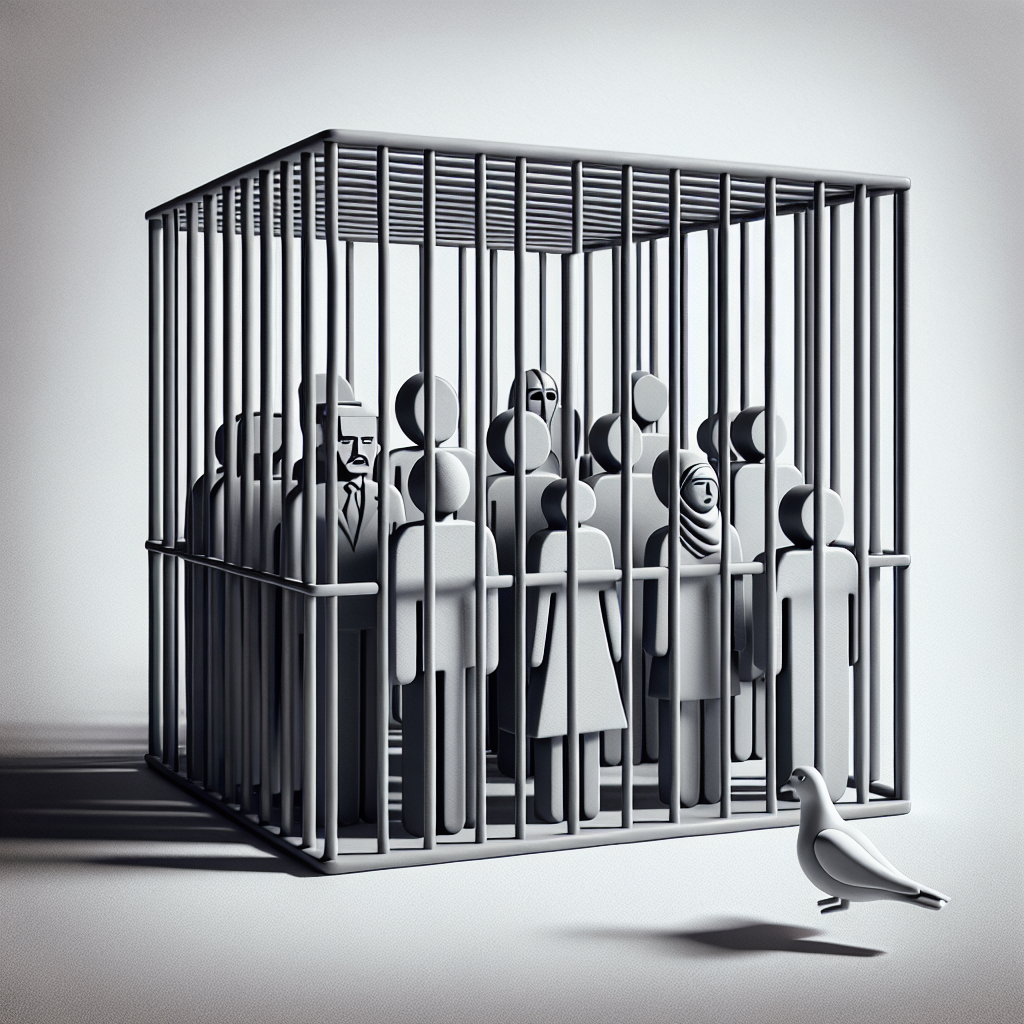Cuba's Surprising Move: Amnesty or Political Shift?
Cuba began releasing prisoners from the 2021 protests following an arrangement with the Catholic Church and U.S. administration's decision to relax sanctions. While some Cuban prisoners were freed, they remain on parole. The move signifies a pivotal moment in U.S.-Cuba relations amidst ongoing political scrutiny.

In a significant diplomatic move, Cuba initiated the release of prisoners tied to the 2021 anti-government protests. This development aligns with a deal with the Catholic Church and follows the U.S. decision to ease sanctions, signalling a potential thaw in U.S.-Cuba ties.
As U.S. President Joe Biden reversed Trump-era policies, including removing Cuba from a terrorist sponsor blacklist, Cuban officials announced the gradual release of 553 prisoners. Among the released is Dariel Cruz Garcia, who spoke of the intrigue surrounding his release.
Despite the release, Cuban authorities stress that this is not an amnesty. Prisoners like Cruz Garcia will be monitored for compliance with parole terms. This release echoes Cuba's ongoing socio-political challenges, as seen in the historic 2021 protests.
(With inputs from agencies.)










